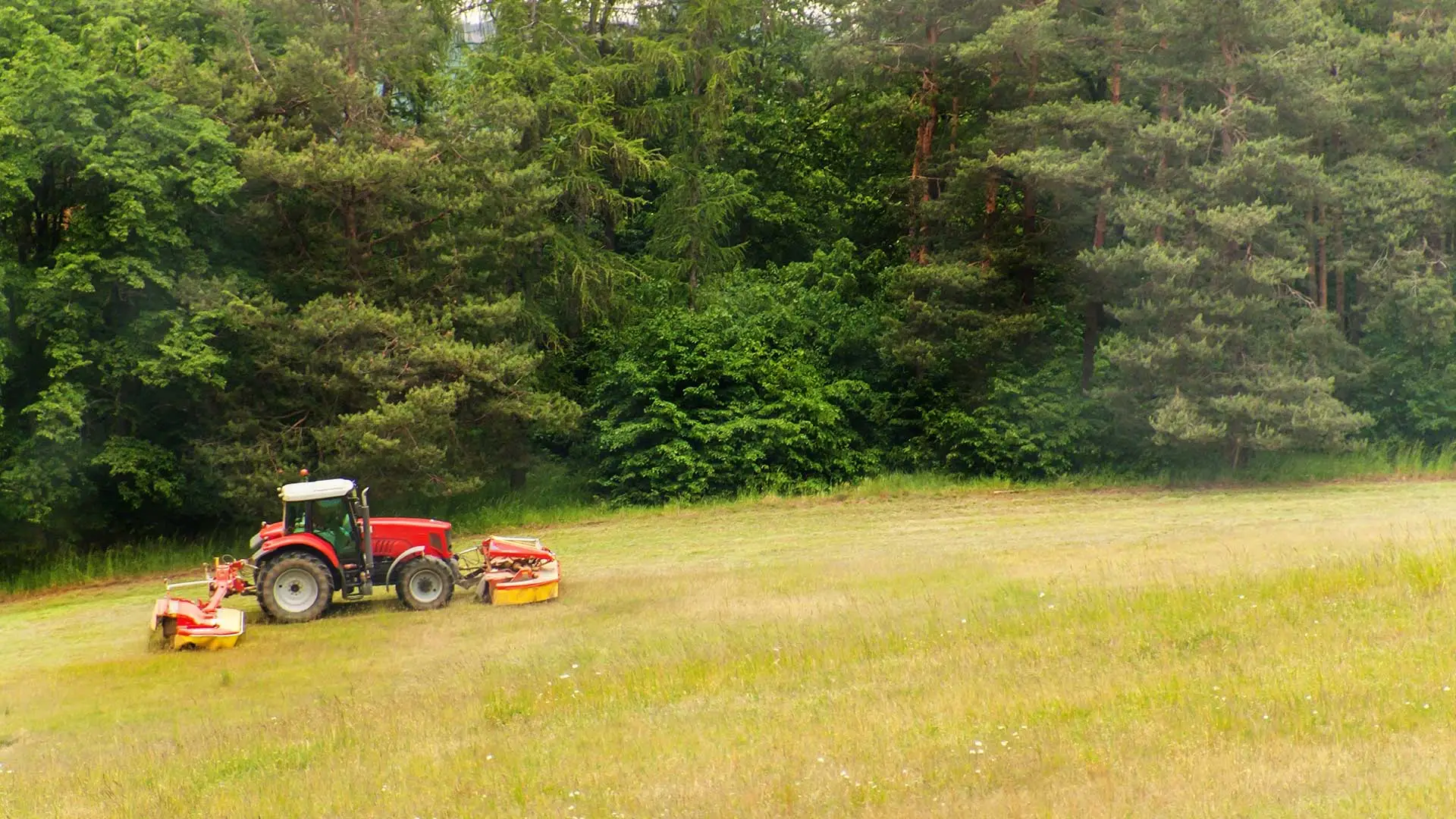Cicadas make a periodic appearance in gardens throughout the central, eastern, and southern US. Once every 17 years, these unique and uniquely noisy insects make their appearance and create as much noise as a rock concert while they mate. Thankfully, you will need to worry more about your ears than your lawn and garden as Brood X shows up on the scene.
Brood X is scheduled to show up any day now as the weather of early May causes soil temperatures to rise to 65 degrees or higher. Brood X is also slated to be a bumper crop, and experts are expecting a trillion of these baby cicadas to emerge from the soil and begin buzzing. Expect singing from 10 am to 5 pm each day and lots of bugs underfoot for three weeks or so.
Where Will Brood X Make An Appearance?
Brood X is projected to be one of the most broadly distributed groups of cicadas ever. They will be found from Georgia to New York and they will extend west to the Mississippi River and into the Midwest. Cicadas from this brood will be numerous enough that you should expect 1.5 million cicadas per acre.
The black insects with their orange-veined wings are big, noisy, and crunchy underfoot. The affected states and counties will have to batten the hatches for the hours of noisy singing and bug-filled air, but thankfully, Brood X will have run its course before the end of summer.
What Effect Will the Cicadas Have on My Yard?
Thankfully for those who have to endure the hours of Cicada song each day, the risk to your yard is not great. The mating process will lead to females laying eggs on the leaves and branches of trees, but the eggs are not detrimental to the health of the tree unless the weight becomes great enough to break small limbs. It is important to note that Cicadas are not like locusts and they do not feed on the plant life around them when they emerge to mate.
Cicadas do feed off the root sap of trees under the ground before they emerge, but this should not harm the trees in your yard in any significant way. The worst part of the Cicada emergence is the mess of crunchy bug bodies that will likely cover your yard and the outside of your home during their mating weeks, and you can expect that all their predators, like birds and lizards, will make frequent appearances as they feast on the bugs.
Will Cicadas Hurt Me or My Family?
It is important to know that Cicadas will not bite or sting people and they are not aggressive in any way. While they might make a big mess during their mating season and they will cause a lot of noise, they will not hurt any humans that they come into contact with.
People who hold Cicadas report prickly feet as the only potential potentially harmful part of interaction with them. You can avoid this by leaving them alone when you are outside. You will probably not want to be outside much during this part of the Cicada emergence in any case, due to their loud singing.
How Loud Will the Cicadas Get?
Male cicadas make their distinctive noise by vibrating the tymbals that are set on either side of their body behind their wings. Their bodies are hollow to conduct the sound with the intention of attracting females to mate with them. Each species has a unique sound, and this year’s emergence will include three different species of Cicada with their own unique singing sounds.
These insects can get quite loud, and due to the large numbers that are expected this year, you should expect that they will be quite difficult to listen to when you are outside. The sound level is expected to rise to near 100 decibels, with large groups exceeding that.
It is worth noting that the threshold of pain on the decibel ranking is at 130 decibels, so their song will not injure your ears, but it might make you very unhappy with them if you want to enjoy a quiet day outside.
Expect to be able to hear Brood X quite clearly indoors throughout the three to four weeks of their mating process. The singing should start to fall off as they complete their mating process and expire, but the first few weeks will be quite noisy.
How to Clean Up After Brood X
If you live near a stand of trees or have lots of trees in your yard itself, you might find that you have quite a mess of Cicadas to deal with after they have begun to die off. The casings are fairly large as this is not a small insect, and they might be piled up near trees or on surfaces near your trees.
You can often sweep the casings off of flat surfaces and you can collect the piles near trees to add to your compost. The casings are not heavy, so you can also easily dispose of them in yard waste bins for weekly pick up.
Raccoons, foxes, possums, and skunks may visit your yard in greater numbers looking for nymphs, and they can damage your garden beds or flower beds as they dig. This will only be an issue if your planter beds are located near large groups of trees, however. This is part of the natural cycle of the Cicada emergence and it should not last for long either.
Dealing With Brood X is All About Patience
There is not much that you can do to prepare for the arrival of Brood X, and their appearance will be short-lived, if noisy. You will miss out on a few weeks of BBQing and spending time outside, but otherwise, you may not notice any interruptions to your daily life. Be prepared to do some sweeping up and shoveling after the Cicadas have gone for the year, and then you can go back to enjoying another 17 years of peace and quiet until the next emergence!
Linnemann Lawn Care offers seasonal clean-up services to make sure your lawn looks stunning so you can enjoy the great outdoors, even with the hum of the Cicadas. We would love to help prep all of your outdoor areas including your lawn and landscaping as well as hardscaping! Schedule a consult today and we will get you ready for this historic event, and the clean-up process that comes after it.





Comments (0)
Thanks for your comment!
Thanks for your feedback! Your comments have been successfully submitted! Please note, all comments require admin approval prior to display.
Error submitting comment!
There is a problem with your comment, please see below and try again.